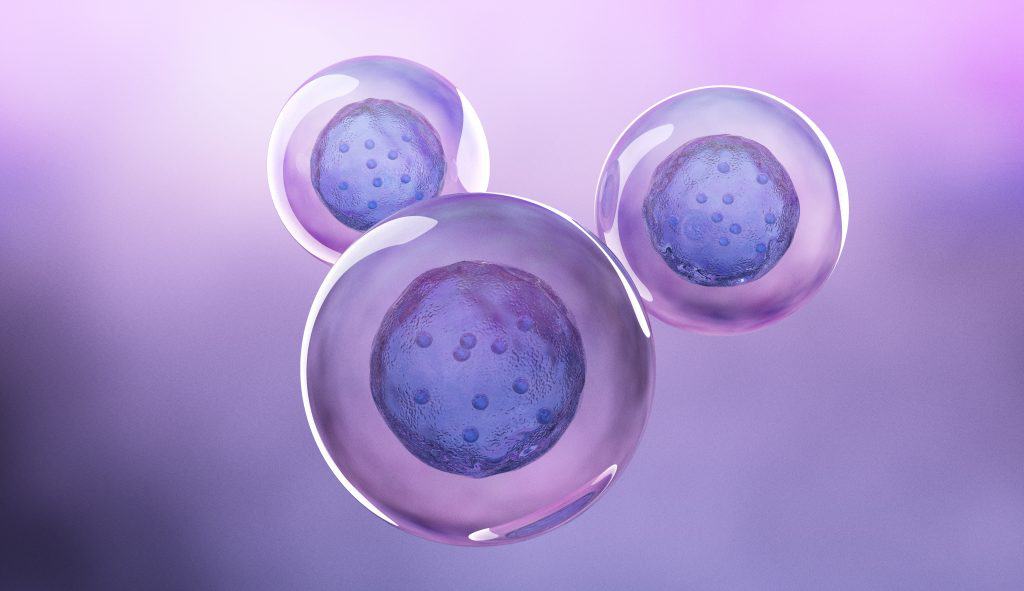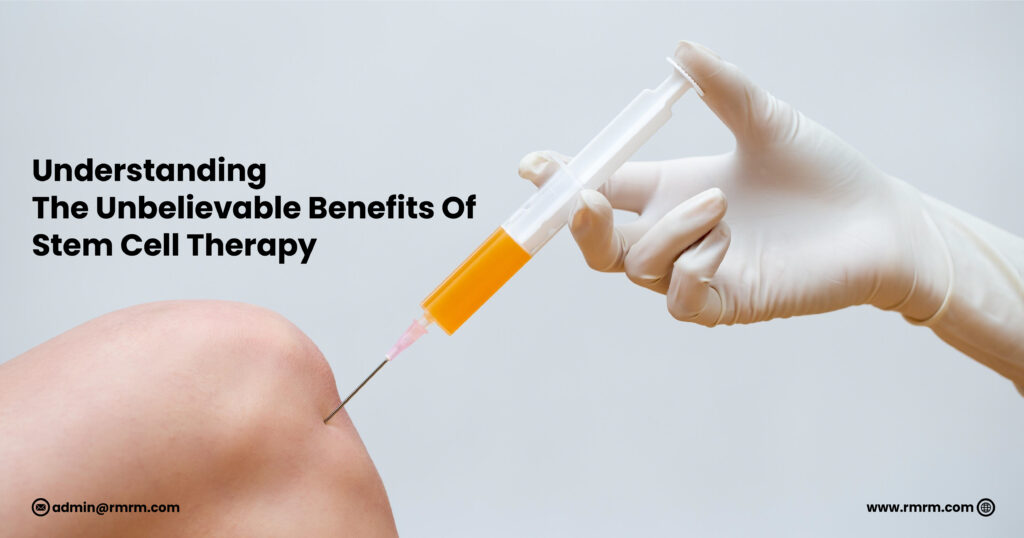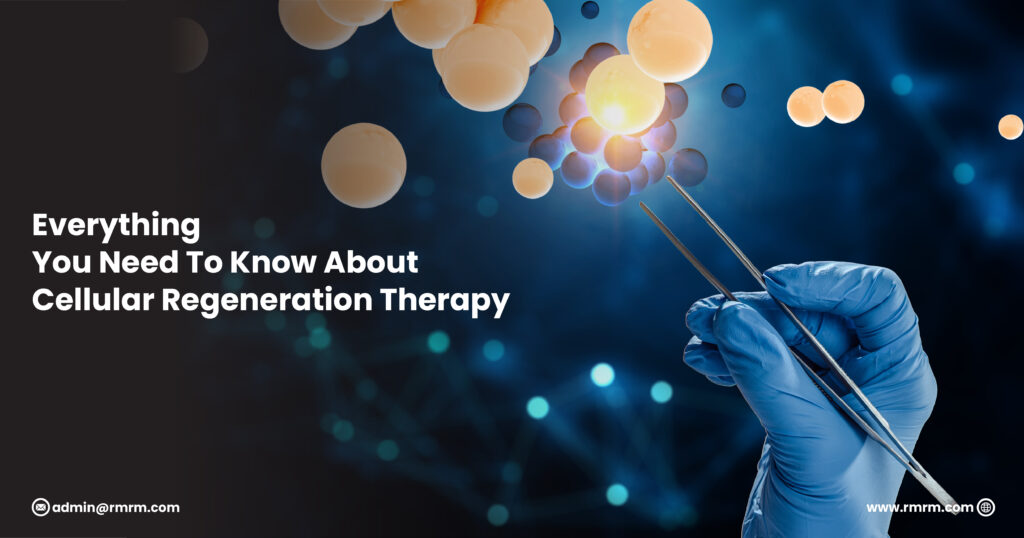Today we’re talking to you about an exciting peptide called BPC-157. This peptide, which consists of 15 amino acids, is naturally found in the human body and has been shown to have a variety of therapeutic effects in animal studies.
BPC-157 has the potential to be a game-changer in the world of regenerative medicine. In human studies, it has shown promise in treating conditions such as inflammatory bowel disease, joint pain, and muscle injuries. Some athletes and bodybuilders have also turned to BPC-157 as a performance-enhancing substance.
At Rocky Mountain Regenerative Medicine (RMRM) we use BPC-157 as a therapy for various conditions that involve tissue damage, inflammation, or poor healing. BPC-157 has been shown to have several potential therapeutic benefits, including promoting wound healing, reducing inflammation and healing injuries, protecting the digestive system, and even potentially treating neurological disorders.
Here are some of the therapeutic effects of BPC 157:
- Promoting wound healing: BPC-157 has been shown to promote wound healing and tissue repair in animal studies. It may stimulate the growth of new blood vessels and improve the formation of new tissues; thus healing damaged tissues.
- Reducing inflammation and healing injuries: BPC-157 has been shown to have anti-inflammatory effects, which can help reduce pain and swelling in injured or inflamed tissues and joints. Success in treating joint and muscle injuries, such as sprains, strains, and tendonitis has been shown and continues to be studied.
- Protecting the digestive system: BPC-157 has been shown to protect the digestive system from damage caused by non-steroidal anti-inflammatory drugs (NSAIDs) and other toxins.
- Neurological disorders: BPC-157 may have neuroprotective effects and may promote nerve regeneration. It may be studied for use in treating neurological disorders, such as Alzheimer’s disease, Parkinson’s disease, and spinal cord injuries.
But why might your primary care physician (PCP) be hesitant to prescribe BPC-157? For one, this peptide is primarily used in regenerative medicine, which is a specialized field. Your PCP may not have the necessary expertise or training to evaluate whether BPC-157 is an appropriate treatment option for your condition. Additionally, your PCP may not be familiar with prescribing BPC-157 or other peptides in general. Purchasing BPC-157 from unregulated sources online can be risky as there is no guarantee that the product contains the correct ingredients or dosage.
At RMRM, we work with vetted compounding pharmacies to make sure the peptides we prescribe to our clients are of the highest quality. BPC-157 can be administered in various ways, including orally, subcutaneously, or through injection directly into the affected area. The dosage and duration of treatment may vary depending on the condition being treated and the individual patient’s needs. Our physicians and nurse practitioners at RMRM can evaluate whether BPC-157 is an appropriate treatment option for your specific condition, monitor your progress, and advise you of any potential side effects or risks associated with its use.
It is important to note that the use of BPC-157 in regenerative medicine is still an area of active research, and its safety and efficacy for various conditions have not been definitively established. Patients should only receive BPC-157 under the guidance of a qualified healthcare provider.
In conclusion, BPC-157 is an exciting peptide with a wide range of potential therapeutic benefits. While it may not be widely available or familiar to all healthcare providers, clinics like RMRM can provide guidance and support to patients interested in exploring this treatment option. Remember, always consult with a qualified healthcare provider before starting any new treatment.



